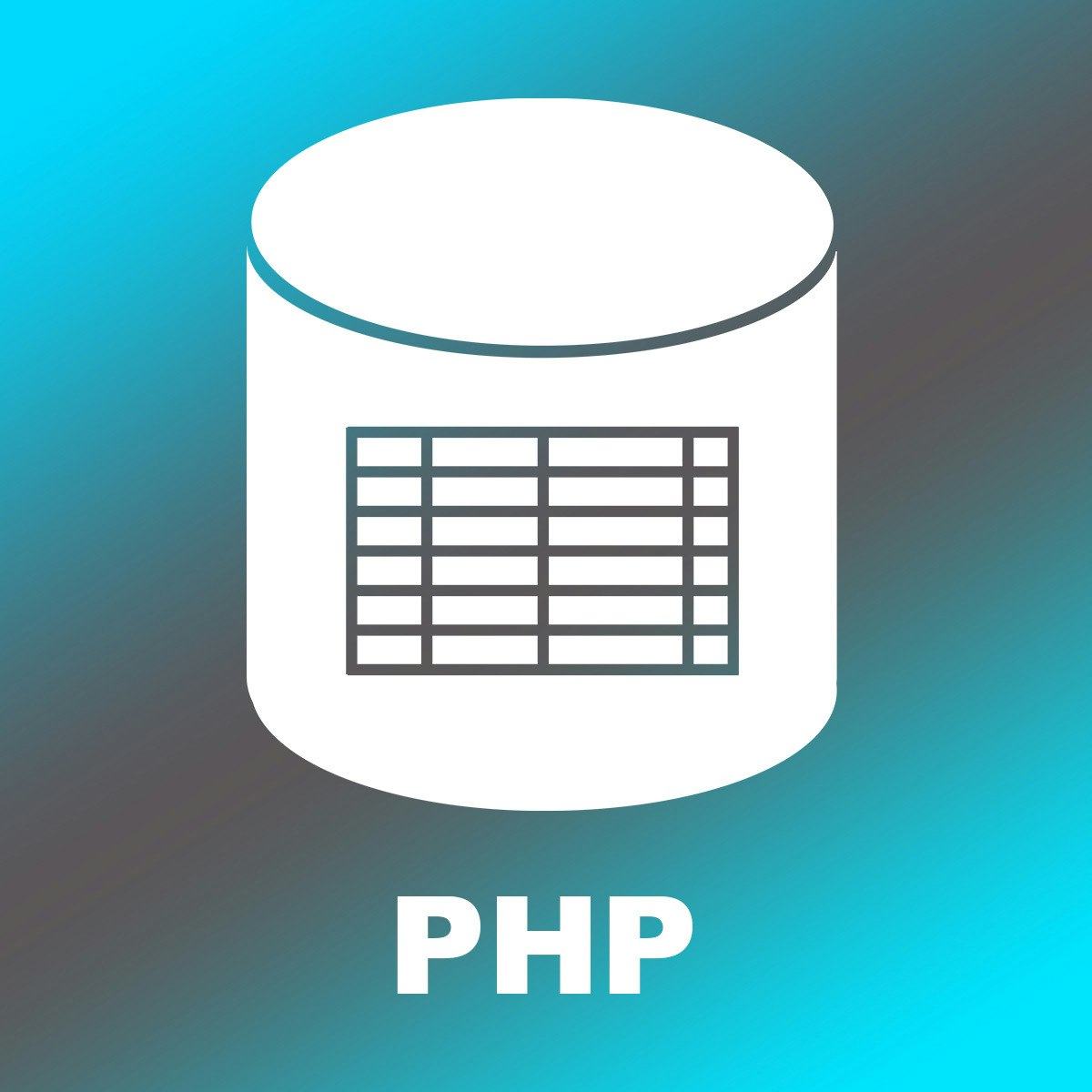
In this 1.5 hour project, you will combine your knowledge of HTML, object-oriented PHP, SQL, and MySQL to make a dynamic website that uses MySQL database on the web server. You will learn two different methods, one applies to 12 other SQL databases and one specific to MySQL. Basic HTML, object-oriented PHP, relational database, and SQL required as prerequisites. Completing my courses "Build an Automobile Listing Website with PHP" and "Learn Object-Oriented Programming with PHP" first is highly recommended.
What's inside
Syllabus
Good to know
Save this course
Activities
Review SQL and PHP fundamentals
Show steps
Reviewing SQL and PHP basics will provide a strong foundation for understanding the more advanced concepts covered in this course.
Browse courses on
SQL
Show steps
-
Review SQL data types, operators, and functions.
-
Review PHP syntax, variables, and data structures.
Organize and review your notes and assignments
Show steps
Organizing and reviewing your materials will help you retain the information you've learned in this course.
Show steps
-
Organize your notes and assignments into folders or binders.
-
Review your materials regularly.
Complete SQL and PHP coding exercises
Show steps
Practicing SQL and PHP coding will help reinforce your understanding of the concepts covered in this course.
Browse courses on
SQL
Show steps
-
Solve SQL queries to retrieve and manipulate data.
-
Write PHP scripts to connect to a database, execute queries, and process results.
Three other activities
Expand to see all activities and additional details
Show all six activities
Build a simple dynamic website using MySQL
Show steps
Building a dynamic website will allow you to apply the skills you've learned in this course to a practical project.
Browse courses on
MySQL
Show steps
-
Design the database schema.
-
Create the database and tables.
-
Write PHP code to connect to the database and perform CRUD operations.
-
Create HTML and CSS to display the data.
Follow tutorials on advanced SQL and PHP techniques
Show steps
Following tutorials will allow you to expand your knowledge of SQL and PHP beyond the scope of this course.
Browse courses on
SQL
Show steps
-
Find tutorials on topics such as stored procedures, triggers, and user-defined functions (SQL).
-
Find tutorials on topics such as object-oriented programming, error handling, and security (PHP).
Contribute to open-source projects related to SQL or PHP
Show steps
Contributing to open-source projects will allow you to gain real-world experience and collaborate with other developers.
Browse courses on
SQL
Show steps
-
Find open-source projects on platforms like GitHub.
-
Identify issues or features that you can contribute to.
-
Submit pull requests with your contributions.
Review SQL and PHP fundamentals
Show steps
Reviewing SQL and PHP basics will provide a strong foundation for understanding the more advanced concepts covered in this course.
Browse courses on
SQL
Show steps
- Review SQL data types, operators, and functions.
- Review PHP syntax, variables, and data structures.
Organize and review your notes and assignments
Show steps
Organizing and reviewing your materials will help you retain the information you've learned in this course.
Show steps
- Organize your notes and assignments into folders or binders.
- Review your materials regularly.
Complete SQL and PHP coding exercises
Show steps
Practicing SQL and PHP coding will help reinforce your understanding of the concepts covered in this course.
Browse courses on
SQL
Show steps
- Solve SQL queries to retrieve and manipulate data.
- Write PHP scripts to connect to a database, execute queries, and process results.
Build a simple dynamic website using MySQL
Show steps
Building a dynamic website will allow you to apply the skills you've learned in this course to a practical project.
Browse courses on
MySQL
Show steps
- Design the database schema.
- Create the database and tables.
- Write PHP code to connect to the database and perform CRUD operations.
- Create HTML and CSS to display the data.
Follow tutorials on advanced SQL and PHP techniques
Show steps
Following tutorials will allow you to expand your knowledge of SQL and PHP beyond the scope of this course.
Browse courses on
SQL
Show steps
- Find tutorials on topics such as stored procedures, triggers, and user-defined functions (SQL).
- Find tutorials on topics such as object-oriented programming, error handling, and security (PHP).
Contribute to open-source projects related to SQL or PHP
Show steps
Contributing to open-source projects will allow you to gain real-world experience and collaborate with other developers.
Browse courses on
SQL
Show steps
- Find open-source projects on platforms like GitHub.
- Identify issues or features that you can contribute to.
- Submit pull requests with your contributions.
Career center
Database Administrator
Web Developer
Data Analyst
Computer Programmer
Information Security Analyst
Software Engineer
IT Consultant
Project Manager
Network Administrator
Technical Writer
Business Analyst
Data Scientist
Financial Analyst
Investment Banker
Marketing Manager
Reading list
Share
Similar courses
OpenCourser helps millions of learners each year. People visit us to learn workspace skills, ace their exams, and nurture their curiosity.
Our extensive catalog contains over 50,000 courses and twice as many books. Browse by search, by topic, or even by career interests. We'll match you to the right resources quickly.
Find this site helpful? Tell a friend about us.
We're supported by our community of learners. When you purchase or subscribe to courses and programs or purchase books, we may earn a commission from our partners.
Your purchases help us maintain our catalog and keep our servers humming without ads.
Thank you for supporting OpenCourser.



